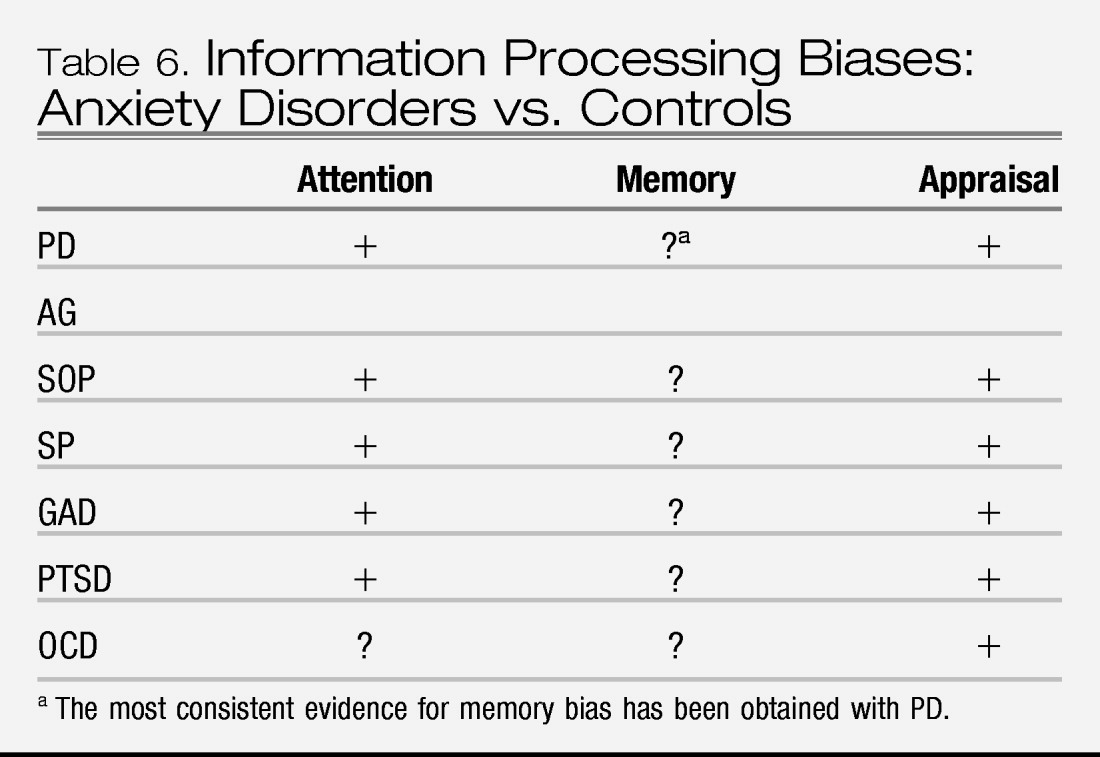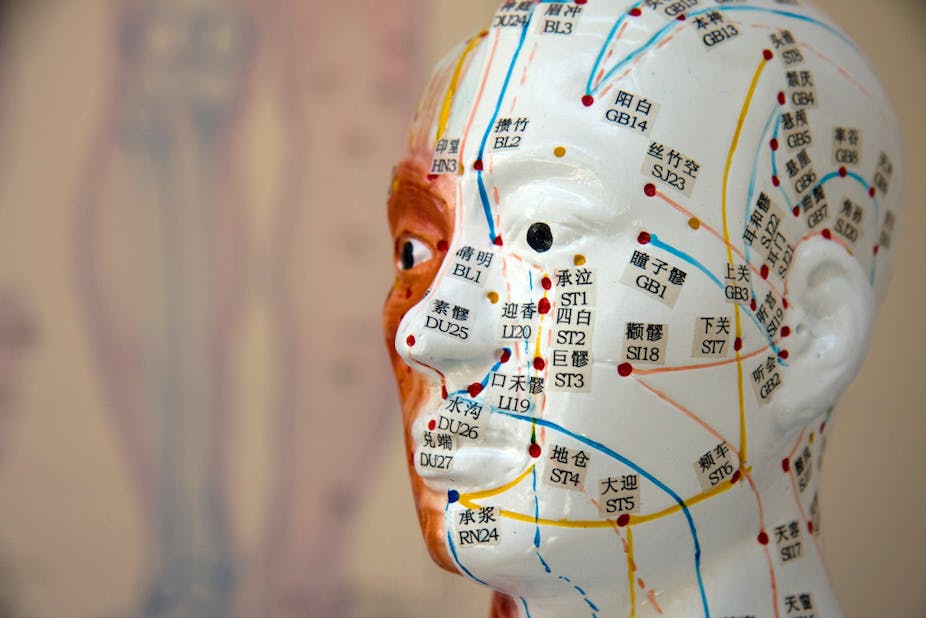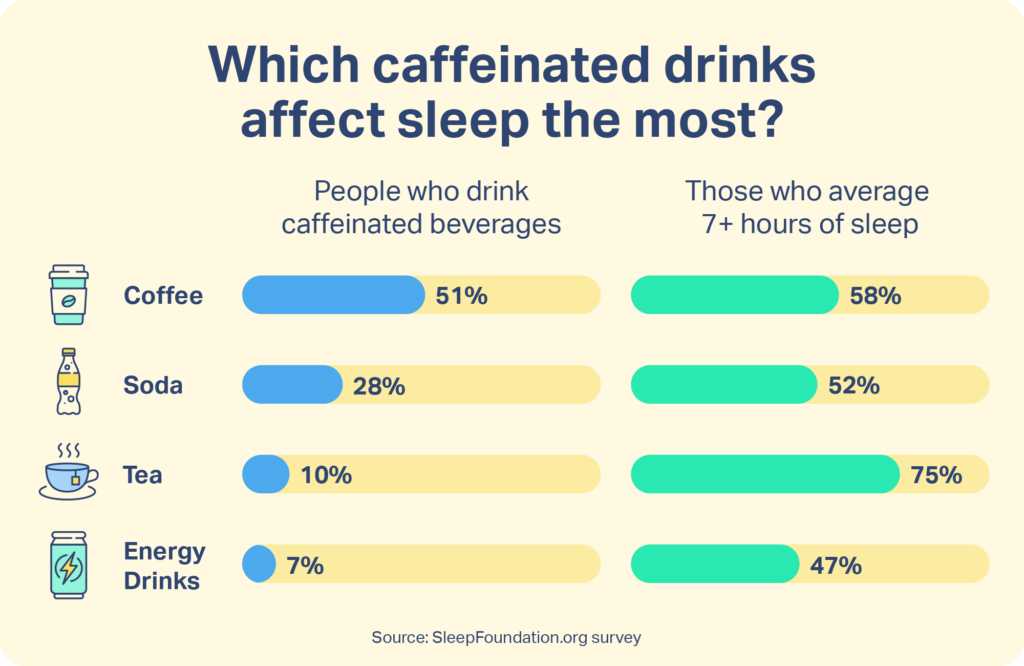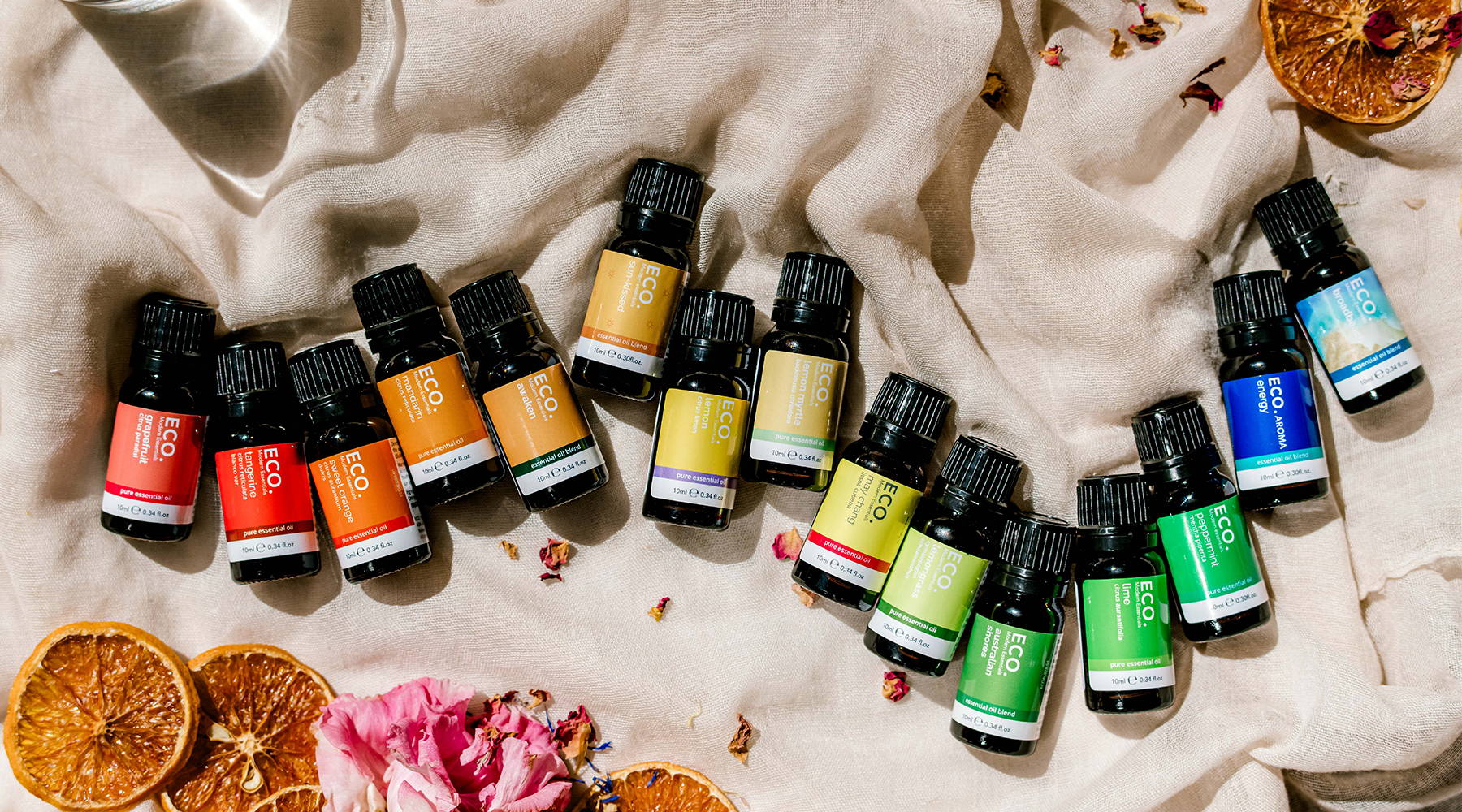
Managing Anxiety: Exploring Alternative Therapies

Anxiety disorders are among the most common mental health conditions, affecting millions of people in the U.S. alone. In fact, approximately 40 million adults experience some form of anxiety disorder. Although some people can manage mild anxiety through lifestyle changes alone, others may need more targeted treatments. Along with traditional methods, alternative therapies can offer additional relief. With your doctor’s approval, these alternative treatments can complement your primary treatment plan.
What Are Alternative Therapies?

The goal of alternative therapy for anxiety is to improve overall well-being and reduce anxiety symptoms with minimal side effects. However, it’s important to note that while alternative therapies can be beneficial, they may take time to show results. In cases of severe anxiety or panic attacks, these therapies are unlikely to be sufficient on their own. Always consult a healthcare professional before trying new treatments.
Here are some alternative approaches that might help manage anxiety:
1. Limit Your Caffeine Intake

Although a morning cup of coffee can help you wake up, too much caffeine can cause jitters and worsen anxiety. Research suggests that some people experience anxiety from consuming as little as 200 milligrams of caffeine (about two cups of coffee) per day. If you find that caffeine exacerbates your anxiety, try cutting back or switching to decaffeinated beverages.
2. Avoid Alcohol and Nicotine

Many people turn to alcohol or nicotine to manage anxiety, but these substances can ultimately make symptoms worse. While alcohol and nicotine may provide short-term relief, they can lead to more frequent and intense anxiety in the long run. Studies have shown that people who use these substances often experience greater distress than those who don’t. Reducing or eliminating alcohol and nicotine consumption can improve mental health over time.
3. Eat a Balanced Diet

A healthy diet is essential for managing anxiety. Nutritional psychiatry suggests that the foods we eat can significantly affect our mental health. To help prevent and manage anxiety, try to:
- Eat a variety of fruits, vegetables, lean meats, and healthy fats.
- Avoid processed foods, which are often low in nutrients and high in unhealthy ingredients.
- Reduce your intake of sugary foods and drinks, which can trigger anxiety or mimic panic attacks.
- Drink plenty of water. Staying hydrated can help reduce stress and anxiety.
- Eat regular, balanced meals to maintain stable blood sugar levels and avoid feelings of anxiety caused by hunger.
4. Exercise Regularly

Physical activity is a natural stress reliever. Exercise, especially cardiovascular activities like walking, running, or swimming, can help lower anxiety levels and improve overall well-being. Even a brisk 10-minute walk can provide hours of relief. The Anxiety and Depression Association of America recommends at least 5 minutes of aerobic exercise for anti-anxiety benefits.
5. Get Plenty of Sleep

Sleep plays a critical role in managing anxiety. Research shows that sleep can help calm an anxious brain. Aim for 6-8 hours of quality sleep each night. If you’re having trouble sleeping, try supporting your natural sleep cycle by:
- Going to bed and waking up at the same time every day.
- Keeping naps short (15-20 minutes) and in the early afternoon.
- Getting exposure to natural sunlight during the day.
- Avoiding bright screens before bed.
- Keeping your sleeping environment cool, dark, and quiet.
6. Practice Relaxation Techniques

Relaxation exercises are proven to help reduce anxiety. Simple practices like meditation, deep breathing, and yoga can be highly effective. Here are a few to try:
- Meditation: Meditation helps you focus on the present moment, reducing feelings of anxiety. Regular practice can change the way you respond to stressful situations.
- Breathing Techniques: Controlled breathing can prevent hyperventilation during anxiety-inducing events. Simple techniques like the 4-7-8 method (inhale for 4 seconds, hold for 7 seconds, exhale for 8 seconds) can help keep you calm.
- Yoga: Combining physical movement, breathing, and mindfulness, yoga is one of the most popular alternative therapies for managing anxiety. Studies have shown that regular yoga practice can significantly reduce anxiety levels.
7. Supplements for Anxiety Relief
Some people find relief from anxiety symptoms through herbal supplements. While these are not a substitute for professional treatment, they may help alleviate symptoms when used in conjunction with other therapies. Common supplements include:
- Vitamin B12: Important for the nervous system, B12 may help reduce anxiety.
- Chamomile: Known for its calming effects, chamomile tea may help with mild anxiety.
- Passionflower: Traditionally used as a sedative, passionflower may promote relaxation and help with sleep.
- L-theanine: Found in tea, L-theanine is an amino acid that has been shown to reduce stress and anxiety.
- Omega-3 Fatty Acids: Omega-3s, found in fish oil, are essential for brain health and have been shown to help reduce anxiety.
Be sure to consult your healthcare provider before starting any supplements, especially if you’re on medication or are pregnant.
8. Essential Oils

Aromatherapy, using essential oils like lavender, chamomile, and valerian, can be a relaxing way to manage anxiety. Lavender oil, in particular, has been shown to reduce anxiety and improve sleep. You can use essential oils in a diffuser, add them to a bath, or inhale them directly for calming effects.
9. CBD Products

Some studies suggest that CBD (cannabidiol), a compound derived from hemp, may help reduce anxiety symptoms. Although research is still limited, many people use CBD oil as a natural remedy for anxiety. However, it’s important to choose products from reputable brands, as the FDA does not regulate CBD products.
FAQs
1. Are alternative therapies safe for anxiety?
Most alternative therapies are safe, but it’s essential to talk to your healthcare provider before starting, especially if you have any underlying health conditions or are taking medication.
2. How long does it take for alternative therapies to work?
Results vary, and some therapies, like meditation or yoga, may take time to show benefits. Patience is key when trying these methods.
3. Can alternative therapies replace medication for anxiety?
For mild anxiety, alternative therapies may be effective. However, for moderate to severe anxiety, medication and therapy may still be necessary.
4. Are supplements effective for anxiety relief?
Some people find supplements like chamomile, omega-3s, and L-theanine helpful, but their effectiveness varies. They should be used alongside other treatments and not as substitutes.
Incorporating these alternative therapies into your routine, along with professional treatment, can help you manage anxiety in a holistic and balanced way.
Conclusion
While alternative therapies can be helpful for managing anxiety, they should not replace professional treatment, especially for severe anxiety disorders. Always consult your healthcare provider before starting any new treatments or supplements, and consider combining these alternatives with traditional therapies, like counseling or medication, for the best results.

